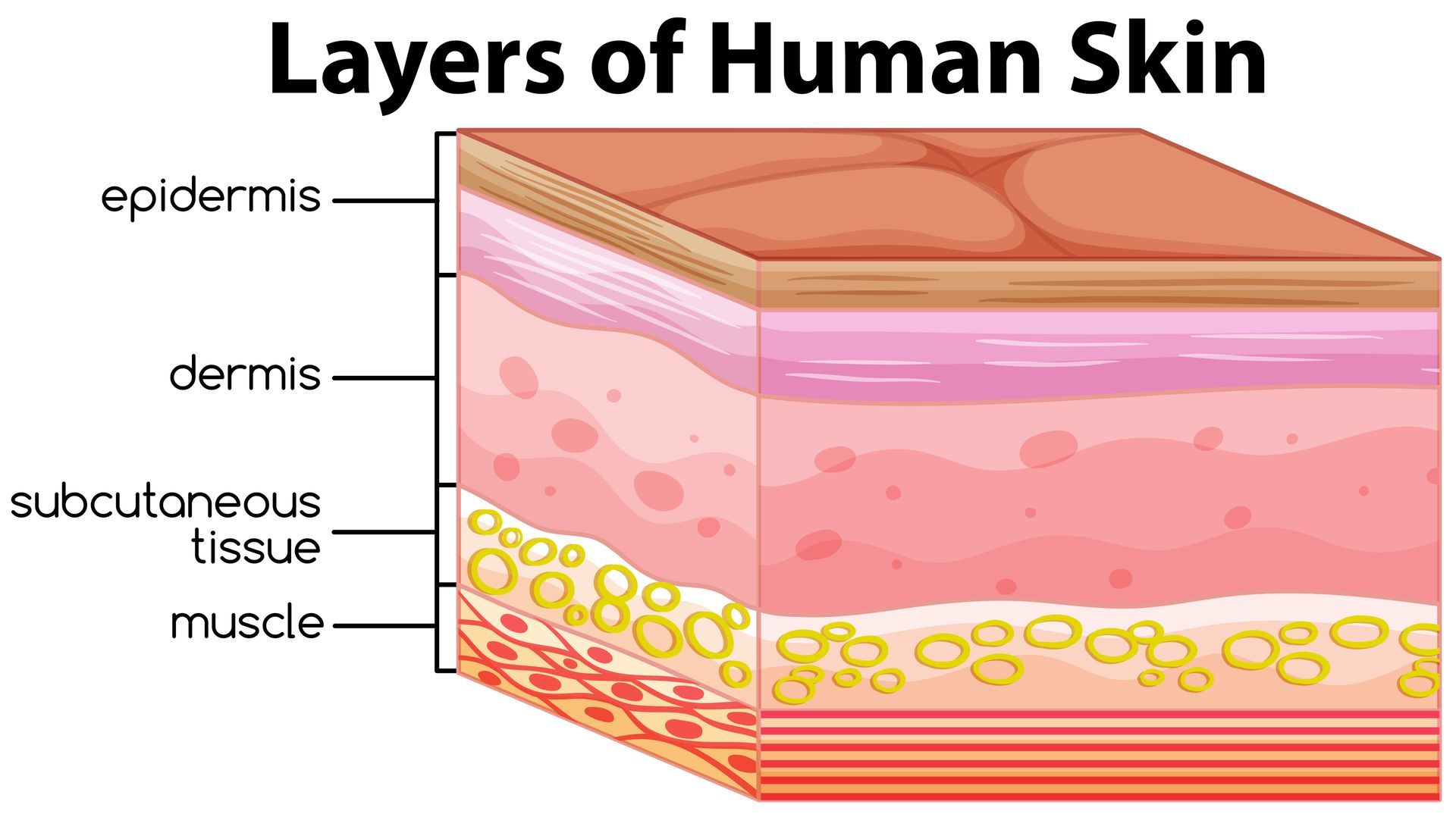Dermatology
Explore Onsite Advanced Care's specialized Dermatology services tailored specifically for seniors. Aging gracefully begins with prioritizing your skin health, and our comprehensive approach aims to equip you with knowledge and effective treatments. Whether you're managing common skin conditions or seeking preventive care, our team is committed to helping you achieve healthier and more resilient skin.
At Onsite Advanced Care, we recognize the unique challenges aging can present for your skin. Through expert guidance and personalized care, our goal is to improve your quality of life by addressing skin concerns with compassion and expertise. Join us as we delve into the importance of skin health and discover how our Dermatology services can support your journey to aging confidently.
Understanding Your Skin
Understanding how your skin changes with age is essential for maintaining its health and vitality. As we grow older, our skin undergoes significant transformations that require specialized care and attention:
Explore the intricate layers of your skin:
- Epidermis (Outer Layer): This outermost layer acts as a barrier, protecting against environmental factors and regulating water loss. It also plays a role in pigment formation, determining skin tone.
- Dermis (Middle Layer): Beneath the epidermis, the dermis contains collagen and elastin fibers that provide strength and elasticity. It houses blood vessels, nerve endings, hair follicles, and sweat glands, contributing to skin's resilience and sensory functions.
- Subcutaneous Tissue (Deepest Layer): Also known as the hypodermis, this layer consists of fat and connective tissue. It serves as a cushion, insulating the body and providing support to the skin above.
Understanding these layers helps in comprehending how aging affects skin structure and function. At Onsite Advanced Care, our Dermatology experts provide tailored insights and strategies to support your skin's health throughout the aging process.
Common Skin Conditions in Seniors
Dry Skin and Itching
Dry skin is prevalent among seniors due to decreased natural oil production and thinning skin. This can lead to symptoms such as flaking, scaling, and itching. Managing dry skin involves using humidifiers to increase moisture in the air, choosing hydrating soaps that do not strip oils from the skin, and regularly applying moisturizers to maintain skin hydration.
Age Spots Skin Tags
Age spots, also known as liver spots, and skin tags are benign growths that commonly appear on aging skin. They are often caused by cumulative sun exposure and the natural aging process. While age spots are generally harmless, some individuals may choose to have them removed for cosmetic reasons using non-invasive techniques available through dermatological procedures.
Basal Cell Carcinoma
Basal cell carcinoma is the most common form of skin cancer in seniors. It typically presents as waxy bumps or flat lesions on areas of the skin that are frequently exposed to the sun. Early detection through regular skin checks is crucial for successful treatment. Preventive measures include using sunscreen daily, wearing protective clothing, and seeking prompt medical evaluation for any suspicious skin changes.
Shingles
Shingles is a painful rash caused by the reactivation of the varicella-zoster virus, which remains dormant in the body after a previous chickenpox infection. Seniors are at higher risk due to age-related changes in the immune system. Vaccination is recommended to prevent shingles and reduce the severity of symptoms if infection occurs.
Preventive Skin Care Techniques
Sun Protection
Understanding SPF (Sun Protection Factor) and the benefits of broad-spectrum sunscreens is essential for protecting skin from harmful UV rays. Broad-spectrum sunscreens shield against both UVA and UVB rays, reducing the risk of sunburn, premature aging, and skin cancer. Correct application involves applying sunscreen generously and reapplying every two hours or after swimming or sweating.
Proper Hydration
Hydration is fundamental for skin health. Adequate fluid intake supports skin hydration, elasticity, and overall function. Signs of dehydration, such as dryness and increased sensitivity, indicate the need for increased water consumption.
Daily recommendations for fluid intake vary but generally aim for around 8 glasses (64 ounces) of water per day.
Gentle Skin Care Routine
Seniors with sensitive skin benefit from a gentle skin care regimen. Choosing products specifically formulated for sensitive skin minimizes irritation and maintains the skin's natural balance. Non-soap cleansers are ideal as they cleanse without stripping essential oils. Proper application of moisturizers immediately after cleansing helps lock in moisture, keeping the skin hydrated and comfortable throughout the day.
Nutrition and Skin Health
Diet plays a crucial role in skin health. Incorporating foods rich in antioxidants, such as fruits, vegetables, and nuts, helps protect skin cells from oxidative stress and supports collagen production. Essential nutrients like vitamins A, C, E, and omega-3 fatty acids contribute to skin elasticity, repair, and overall resilience.
Treatment Options
Prescription Treatments
Over-the-counter (OTC) products offer effective solutions for common skin issues. For itchy skin, products containing hydrocortisone can provide relief by reducing inflammation and itching. Urea-based moisturizers are beneficial for dry skin, helping to hydrate and soften the skin barrier.
Prescription Treatments
Prescription treatments are recommended for more severe skin conditions. Topical retinoids, for instance, are effective in treating severe sun damage and stimulating skin cell turnover. It's important to discuss potential side effects with your dermatologist before starting any prescription treatment.
Advanced Treatments
Advanced dermatological procedures are available for targeted treatment of specific skin concerns. Laser therapy is highly effective for reducing age spots and improving overall skin tone and texture. Cryotherapy is used to treat pre-cancerous lesions by freezing abnormal skin cells, promoting healthy tissue regeneration.
Holistic Approaches
Incorporating lifestyle changes can significantly impact skin health. Managing stress through relaxation techniques and adopting a balanced diet rich in antioxidants supports overall skin resilience. Smoking cessation is crucial as tobacco use accelerates skin aging and increases the risk of skin cancer.
Understanding these treatment options empowers you to make informed decisions about your skin care regimen. At Onsite Advanced Care, our Dermatology team provides comprehensive assessments and personalized treatment plans to help you achieve and maintain healthy, radiant skin.
Whether you need relief from dry skin or treatment for more serious conditions like basal cell carcinoma, we're here to help.


